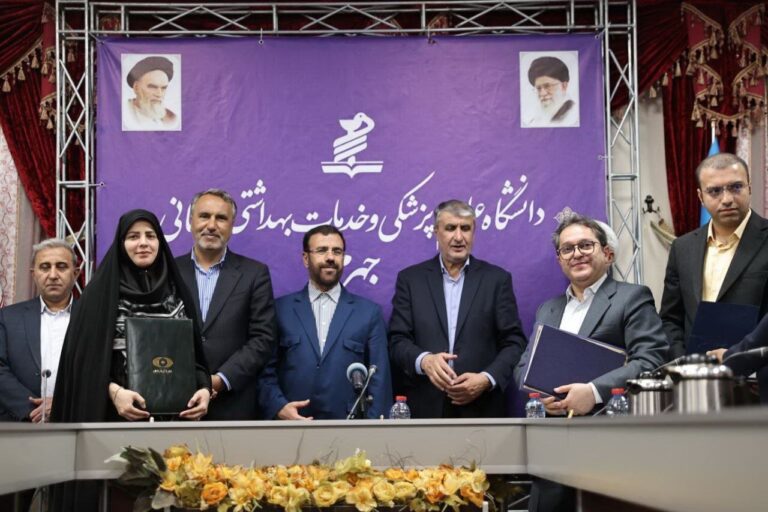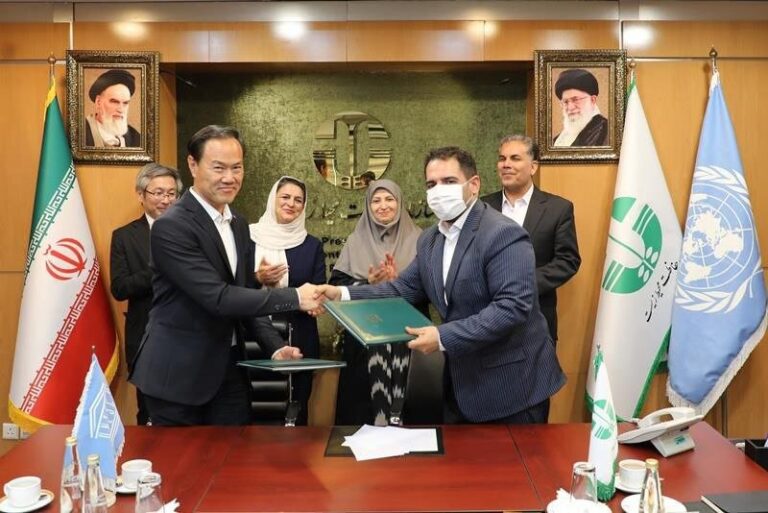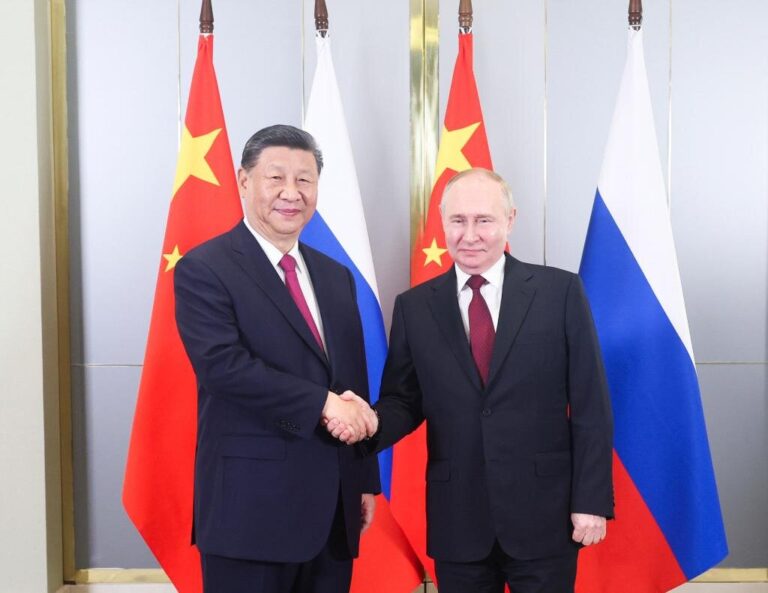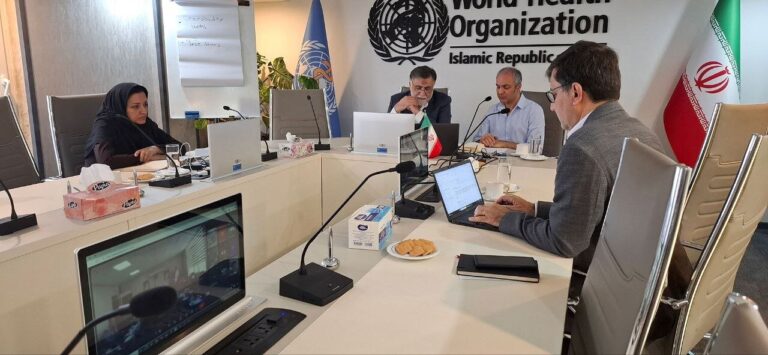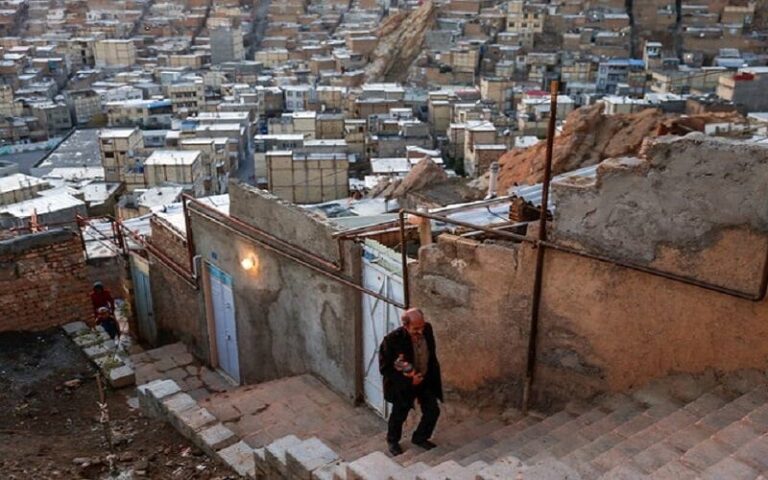Discover the Future of Healing: 2nd National Congress on Persian Medicine Set for November
TEHRAN – The upcoming second national congress on Persian medicine is set to take place from November 12 to 14 in Tehran. This significant event aims to gather specialists in Persian medicine, traditional pharmacy, and the historical aspects of Iranian traditional medicine, as reported by the health ministry.
The congress will provide a vital platform for professionals to exchange knowledge and expertise, focusing on the latest advancements in the field of Persian medicine. The central themes of the congress will encompass a variety of important topics, including:
- Preventive medicine and lifestyle medicine
- Personalized and precision medicine
- Reticulotype and Persian medicine
- Food, nutrition, and medicinal cuisine
- Traditional, herbal, and natural medicines
- Rational drug prescription in Persian medicine
- Technology in diagnostic and therapeutic tools
- Manual therapy techniques
- Persian medicine tourism
- History of Persian medicine and medical sciences
- Persian medicine and the art of living
- Integrative and complementary medicine
The first national congress was conducted in May 2024, marking a significant step in promoting the understanding and collaboration among specialists in various medical fields. The overarching goal of this congress is to enhance the global presence of Iranian medicine by presenting the latest findings and advancements to international scientific communities.
According to a report from the World Health Organization (WHO), Iran holds the prestigious position of third in traditional medicine trials registered in the International Clinical Trials Registry Platform (ICTRP). This recognition underscores Iran’s role as a leader in traditional and complementary medicine, following China and India, which rank first and second, respectively.
In Iran, approximately three percent of all clinical trials are dedicated to traditional and complementary medicine. However, only about 0.3 percent of healthcare professionals are experts in this field. This data highlights the immense potential and capability of Iranian researchers to advance towards evidence-based medicine.
Persian traditional medicine places a strong emphasis on health maintenance and disease prevention rather than merely treating ailments. It is one of the oldest forms of traditional medicine, rooted in the understanding of the four humors: phlegm (Balgham), blood (Dam), yellow bile (Safra’), and black bile (Sauda’). This conceptual framework is derived from the teachings of prominent figures such as Rhazes and Avicenna, contributing to a comprehensive medical system.
Globally, around 30,000 plant species have been identified, with Iran contributing approximately 8,000 species—more than the total number found across Europe. This rich biodiversity plays a crucial role in the practice of Persian medicine.
Currently, about 500 Persian medicine experts are actively providing health and medical treatment services throughout Iran. Additionally, over 1,000 general practitioners who have completed approved Persian medicine courses are also offering their services, as highlighted by Nafiseh Hosseini-Yekta, the director of the health ministry’s Persian medicine office.
The training of experts in Persian medicine continues to be a top priority for the Persian medicine office. As a result, various skill development courses have been established and conducted under the health ministry’s supervision, ensuring that practitioners are well-equipped with the knowledge and skills necessary to provide effective care.
This congress serves as an important initiative to further the understanding and application of Persian medicine, fostering collaboration and innovation in the field. For those interested in traditional medicine, this event promises to be an enlightening experience that showcases the rich heritage and contemporary advancements in Iranian traditional health practices.
As the second national congress on Persian medicine approaches, anticipation builds for the exchange of ideas and the exploration of new pathways in this ancient yet evolving discipline.

